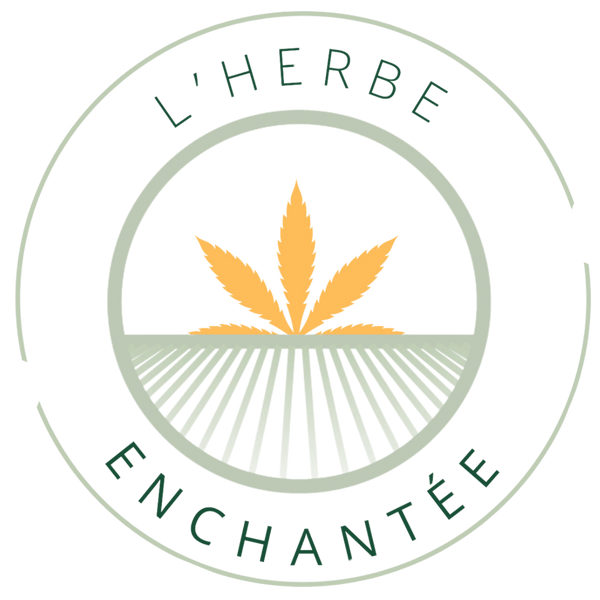The Austrian Administrative Court (Verwaltungsgerichtshof - VwGH) recently ruled that dried hemp flowers containing up to 0.3% THC will now be subject to tobacco tax . This decision, based on their use as smoked products, also requires that these products can only be sold in licensed tobacco shops , in accordance with the Tobacco Monopoly Act .
A decision with major implications for the CBD industry
The introduction of tobacco tax on CBD flowers marks a decisive turning point for the Austrian market. CBD companies must now comply with these new rules, profoundly changing their distribution model and business strategies.
The legal basis of the decision
The case, originally reported by CannabisIndustrie.nl , began when an importer challenged the tobacco tax imposed by customs authorities. The importer argued that hemp flowers could not be considered tobacco products. However, several courts have rejected this argument:
- The Austrian Federal Fiscal Court (BFG) has confirmed that hemp flowers meet the definition of smoking products, making them eligible for taxation under the Tobacco Tax Act (TabStG) .
- The administrative court reinforced this position by stating that hemp flowers can be smoked without further industrial processing, which places them under the jurisdiction of European Directive 2011/64/EU .
Compatibility with European legislation
Despite objections from CBD industry stakeholders, the court ruled that the TabStG complied with European law and the case law of the Court of Justice of the European Union (CJEU) . Austria's Constitutional Court also refused to hear an appeal challenging the inclusion of non-tobacco substances in the TabStG, effectively closing off almost all legal avenues of redress.
A significant impact on distribution
The decision now requires that smokable CBD flowers be sold exclusively in licensed tobacconists . This significantly disrupts the distribution channels of online retailers and CBD shops that previously offered these products. This new regulation requires suppliers to review their strategies to remain compliant with Austrian law.
Tobacco tax: economic consequences
The 34% tobacco tax on CBD flowers is expected to drive up prices, making these products less accessible to consumers. Such an increase risks slowing demand and limiting the expansion of the Austrian market, already weakened by this new regulation.
A precedent for other European countries?
This Austrian decision could have repercussions beyond its borders. In Belgium , similar measures have already been implemented, with the imposition of taxes on comparable products, significantly impacting the Belgian CBD industry. This raises questions about the possibility of similar decisions in other European countries, increasing uncertainty for CBD market players across the continent.
Conclusion
The taxation of smokable CBD flowers in Austria poses a major challenge for the hemp industry. Between rising prices, distribution restrictions, and legal uncertainties, this decision illustrates the obstacles the sector faces in certain European countries. Austrian consumers and businesses will have to adapt quickly to this new regulatory framework, while other nations could follow suit, redefining the future of the European CBD market.
source: https://cannabisindustrie.nl/oostenrijks-hoogste-rechter-per-direct-tabaksbelastingplicht-voor-rookbare-cannabis-met-laag-thc-gehalte/

